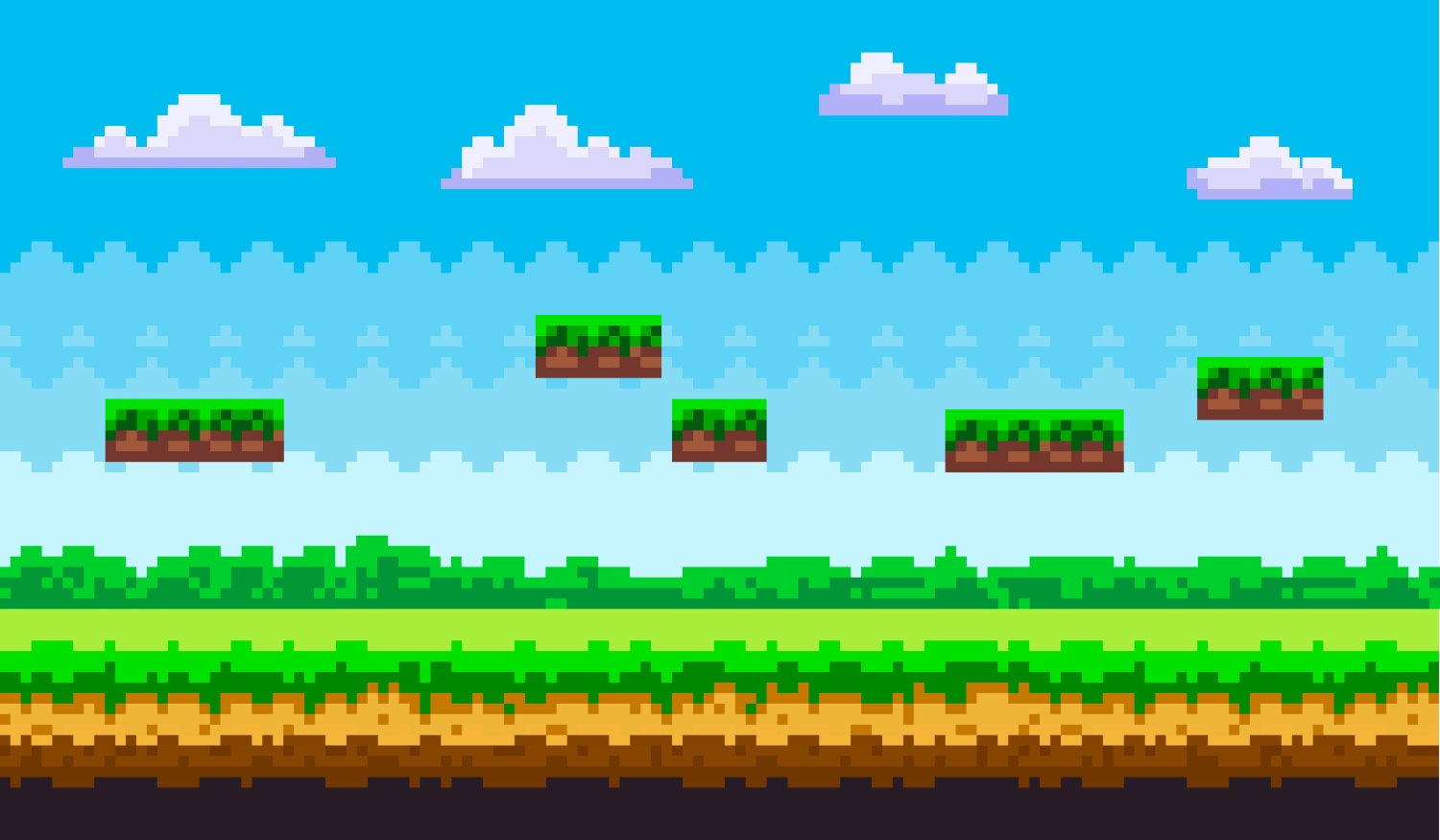Wageningen scientists have simulated the evolution of biodiversity through a mathematical approach. In doing so, they proved that biodiversity makes ecosystems robust. Furthermore, they may be able to predict future changes in ecosystems.
With the summer holidays just around the corner and the beckoning of remote destinations comes the risk of exotic pathogens. Fortunately, antibiotics are an effective solution, but the cure has a negative impact on beneficial intestinal bacteria. It is unknown how precisely intestinal flora is affected by antibiotics in the long term. The new simulation tool may well supply researchers with an instrument to predict such things.
Not a dominant species
Whether it concerns gut bacteria, trees, deer, mushrooms or other forms of life, all life forms in nature rise and decline constantly. Masters’ student Elena Bellavere developed a mathematical method to simulate such forms of evolution together with her supervisors.
When researchers launch this simulation with a single primordial species, new species develop rapidly. Thus, the simulations prove what biologists have suspected for a long time: ecosystems benefit from diversity. ‘If a single species is always superior, it will deplete the natural resources’, says Joshua Dijksman, an associate professor of Physical Chemistry and Soft Matter. ‘The fluctuations in species and numbers prevent any one species from becoming dominant, and thus ensures the survival of the ecosystem.’
Rules of evolution
The model considers the amount of food, light, oxygen, CO2 and space available in a habitat. It uses this information to calculate what species will survive and multiply and what species will go extinct. The simulation also continuously adds new species to the ecosystem, as does nature: some species migrate from another habitat, and some originate through changes in DNA, which leads to evolution. All of this is mimicked in the simulation.
We do not programme which species survive and which go extinct. This is determined by the computer based on probability
Christian Hamster, a mathematician at Biometris, WUR’s applied mathematics division
Since some species are more successful than others, the model also removes species from the simulation. ‘We do not programme which species survive and which go extinct’, says Christian Hamster, a mathematician at Biometris, WUR’s applied mathematics division. ‘This is determined by the computer based on probability. The habitat and its resources determine what species are successful.’ The computer casts a digital die. A new layer of evolutionary laws results from programming the basic laws and calculating their consequences. These new evolutionary laws are not programmed by the researchers but are in line with evolutionary trends.
Simplified
Although the simulation yields valuable information, it is not entirely accurate. A mathematical model can never contain all the natural factors. A simulation does not include the effect of predators and prey, for example. ‘In our model, animals don’t eat each other’, says Hamster. It is a simplified version of reality. But that makes it useful to mimic and study simple ecosystems.
The micro-organisms in our intestines multiply in record time, which enables us to check whether the model produces a correct outcome
Joshua Dijksman, associate professor of Physical Chemistry and Soft Matter
Out gut flora for such a simple ecosystem because it is a closed environment that harbours only micro-organisms. Dijksman hence expects that, in the future, the model will provide insights into how antibiotics, for example, influence the composition of our gut flora. Micro-organisms are ideal candidates for preliminary tests as they are easy to cultivate in a petri dish and reproduce rapidly. ‘The micro-organisms in our intestines multiply in record time, which enables us to check whether the model produces a correct outcome’, Dijksman states.

 Image Shutterstock
Image Shutterstock 

